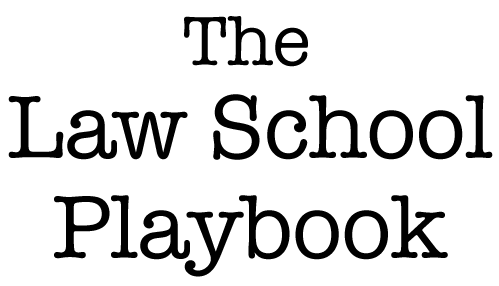As an introverted extrovert, or ambivert, I often find myself in uncomfortable spaces. I am generally a private person, reluctant to “put myself out there.” But this spring, I asked my students the most effective way to reach them with skills information. When they answered a podcast and I agreed to do one, I didn’t think through all that would take. I started researching and writing in May with the goal of having the lessons in order by July. I achieved that goal, but it wasn’t easy. It meant very long hours and lots of sacrifice and, in the end, I wasn’t sure what I even had. Was it really a podcast? Was it a book? Would it work without visuals? And then I needed to develop the exercises that reinforce the skills lessons. All of this led to a website, a Facebook page, an active LinkedIn page, and recordings. I learned about analytics and search engine optimization. It was a whirlwind.
The busy summer schedule, however, wasn’t the difficult part. To me, it was putting my work out there. Would people like it? Would it actually help people? Would this new format be accepted within the ASP community? It has been just under one month since the website and podcast launched, and I am happy to report that the site has 4,302 views and nearly 1,000 active users from OH, GA, TN, CA, FL, NY, TX, MI, WA, SC, IL, PA, VA, KY, MA, AZ, MO, MD, NJ, NC, IN, CP, WY, CT, LA, IA, DC and even as far away as Ireland. My colleagues and students here and at other institutions have given me wonderful feedback. Yet, each day, as I visit my analytics page, I am uncomfortable. Get comfortable with being uncomfortable, I tell my students, it leads to growth.
I have a packed schedule today, meeting with students who are preparing for assessments. Not one student is comfortable. Not a single one. Do they understand the material enough? Do they have the skills to convey their knowledge? Have they managed their time well? What if they haven’t done enough? Consequently, I am sharing the message that I know well—get comfortable with being uncomfortable.
For any of us to realize our goals, we need to be uncomfortable. Sure, I could have resisted the podcast and stuck to traditional methods, but I would have been uncomfortable that I wasn’t reaching my students given their busy schedules. Similarly, students can stick to the comfort of old study techniques, but they may be uncomfortable with the outcome knowing that they failed to embrace better practices. As a wise person once told me, if you’ll be uncomfortable either way, pick the choice that is most beneficial to you.
There will always be discomfort: a first deposition, a contentious meeting, or a jury trial. We work on mastering the art of discomfort because we care. So let’s work together to embrace it. We will undoubtedly be the better for it.
